Looking to profoundly heal the wound. An interview about youth work and prevention of youth radicalisation
Looking to profoundly heal the wound. An interview about youth work and prevention of youth radicalisation
After the terror attacks in Paris, Belgian police and Special Forces searched several houses in the neighborhood of Molenbeek, in Brussels. Seven arrests were made at the time in this Brussels neighborhood, later named as the home of fugitive young terrorist Salah Abdeslam. The neighborhood housing almost 100,000 people is one of the poorest areas in Belgium and has many young people struggling to find their place. ECYC talks to Pierre Evrard, Director of Walloninan Youth Work Federation FCJMP (Federation des Centres de Jeunes en Milieu Populaire) about young people and the role of the Federation and member youth clubs in and around Molenbeck related incidents.
ECYC: Do you think that youth, especially Belgian youth are perceived today as a ``threat``?
Pierre Evrard: Not at all, I think that there is no perception of a specific threat in relation to young people. I think that today, in the whole of Belgium, we count currently around 45 young people who have been identified by the Belgian government as potential threats because they have taken part in training camps for young jihadists or they have been to Syria or to the Middle East countries. So no, from my point of view young people are not perceived as a threat.
ECYC: And do you think that this discourse is present in public speeches, when politicians refer to young people as threat?
Pierre Evrard: I think the question has become increasingly relevant in public discussions in the past year and a half, there are more and more people talking about it. To give an example, one year ago, so well before the attacks in Paris, the Belgian minister of youth has contacted the youth center sector to see if we are interested in working with them on the topic of radicalization. A year and a half ago we have developed reflection Conference with youth centers and there where there were between 100 and 150 people and we met for four days looking for activity tools and topics that would better work with issue of radicalization. The minister of culture that develops from the French Belgian community has just inject 300 000 Euros in project calls for establishing specific projects that address the issue in neighborhoods in Belgium. On the other hand, the Belgian government announces that it will allocate additional 29 million Euros to a vast process of strengthening federal security. And so we see 300,000 Euros for the education and prevention, and 29 million for the security. This is an illustrious difference! 1% for education and prevention to be done through also through youth work opposed to the 100% of the security and force measures budget. So sometimes the government signs are very alarming, they scare the society, and I think do not always address this problem in a profound way. On the pedagogical level we put only a little, on the control we put a lot. It`s like we just put on a new little bandage instead of looking to profoundly heal the wound!
ECYC: FCJMP has member youth clubs that are based in Molenbeek, a Brussels neighborhood that is at the center of the attention in Europe. Did you take special measures or are you developing new services for these youth clubs? Do you work differently with them?
Pierre Evrard: We have 3 youth centers in Molenbeek. You should know that after the attacks in Paris, a youth center in Molenbeek was controlled by the police because one of the jihadists who committed the attacks in Paris was seen hanging out around the youth club area. But he lived there, on the same street with the youth club so of course he was seen around the youth club. You must know that, after the attacks, many journalists from international Medias came to Molenbeck and started painting a very bad picture of the area. Our youth centers were much sought after by the world's media, be it the US, Japan, China, Russia, and it was crazy seeing all these journalists in our local youth centers coming and wanting to see the neighborhood poverty, youth poverty, and wanting to see young Arabs who with weapons in their hands getting ready for attacks. So, with the youth centers, the first thing we did was a crisis meeting: the three youth centers met with the federation and tried to see where the problem was. The first problem mentioned is that young people were afraid for their lives, afraid to go out in the street. There was a lot of police on the streets in Brussels, and especially in Molenbeek, and the national security alarm levels were very high. The second thing is that youth centers had understood that Mass Media produced a negative image of their town and have stigmatized young as well as called all Arab youth jihadists. The problem in Molenbeek is now largely a problem of image. So we organized with the municipality of Molenbeek an event that brought together more than 2,000 people to demonstrate that it was not a place for jihadists that normal people were living normal lives there. We also tried to point out that the exclusion phenomenon that was created over the years by governments’ trough indecisions or bad decisions now, today, creates radicalization. During the conference we organised youth centers did not request for additional activities, they simply asked to continue to showcase the work they do every day, so there is nothing new. This is a job that that youth clubs have been doing for the past 20 years in neighborhoods through accompanying youth work, supporting young people to live fully live their citizenship and take a place in society. And if anything the work of youth clubs helps young people avoid radicalization.
ECYC: Have there been any issues during that period for other youth centers in Brussels or in Belgium?
Pierre Evrard: Yes, two youth centers contacted FCJMP because young people were physically assaulted in the street and girls were hit by adults in Saint-Gilles, another area of Brussels. Some people even tried to set a youth center on fire, saying that it was full of radicalized Arabs. So we did have this kind of problem, but fortunately it only lasted for 2 or 3 days. Now it’s over. So no youth center have asked for any special treatment.
ECYC: Where do you see the role of youth work in youth radicalization prevention? Can you give examples of possible projects done on this?
Pierre Evrard: As I already said, we try to reach these young people, make them able to talk about their difficulties and that let them know that we can help them find solutions with them. Radicalized young people are usually young school leavers, who have no education, no job, and are struggling for their place in society. When they do not find it, they are easily manipulated by others, who promise them to take them to other countries where they can have a more meaningful life. The prevention work that we do aims to give young people a meaning to their lives, give them a taste of life in society, and allow them to find their place through cultural expression, theater, video, music or whatever they are interested in. We also offer a professional insertion assistance that allows the young person to find a place in society through work.
ECYC: Do you think that the work done with young people in youth clubs has failed, or it is not just the young people who attended youth centers who were involved in the attacks?
Pierre Evrard: No, I think that, apart from the one who occasionally attended a youth center because he lived a few meters away from it, the young people who committed the attacks in Paris had nothing to do with youth centers. These are young people who normally do not attend institutions like youth clubs.
ECYC: Are there support systems in Belgium that youth clubs can resort to – like the phonecall platform ``Centre national d’assistance et de prévention de la radicalisation `` that exists in France?
Pierre Evrard: The federal government of Belgium has set up a telephone platform. Moreover, the prevention service of the municipality of Molenbeck has recently created an anti-radicalization cell. Their job is to be on the field, meet families and discuss with them on the phenomenon of radicalization.
ECYC: Thank you!

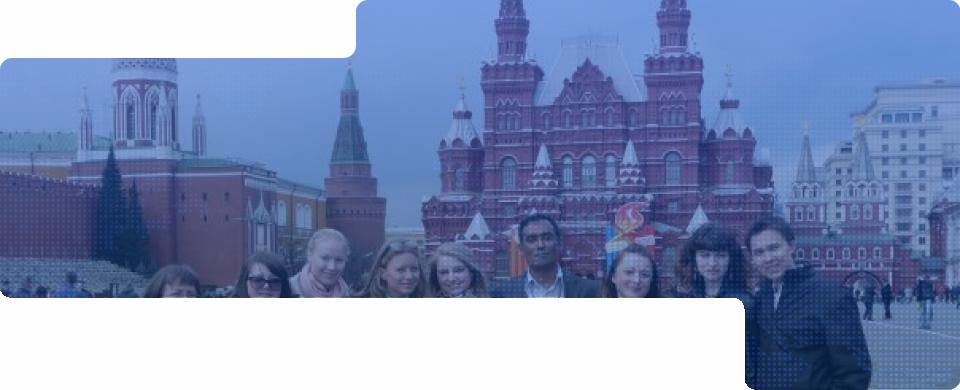
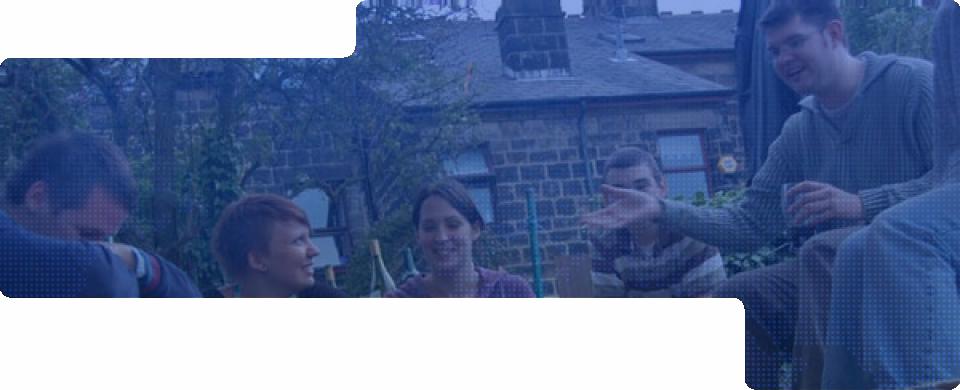
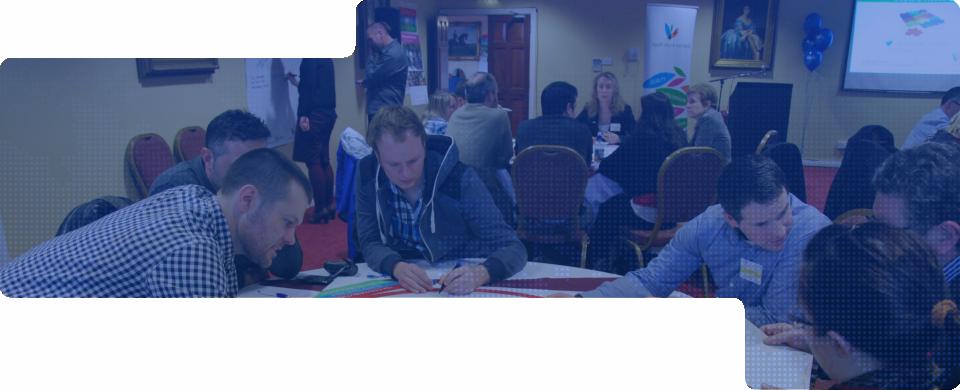
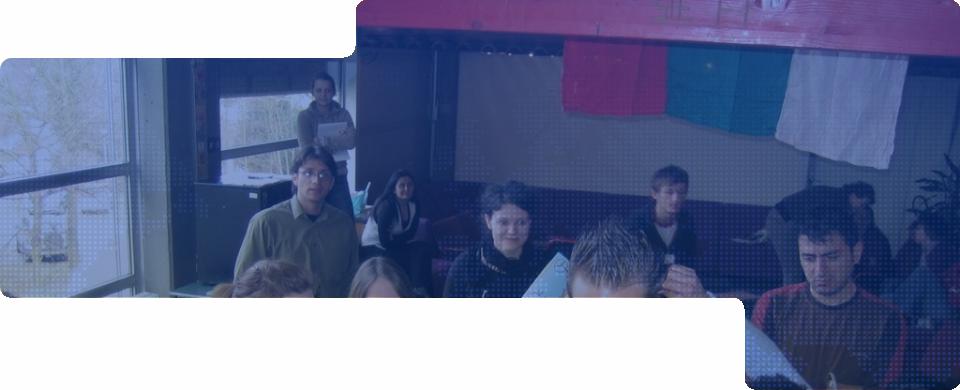

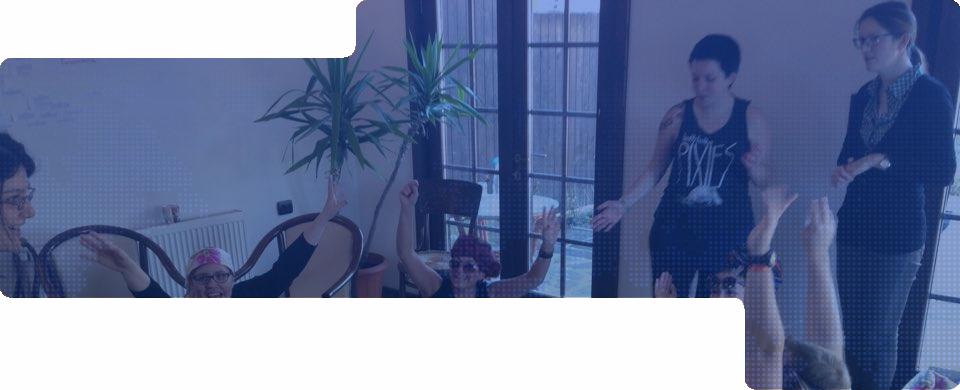
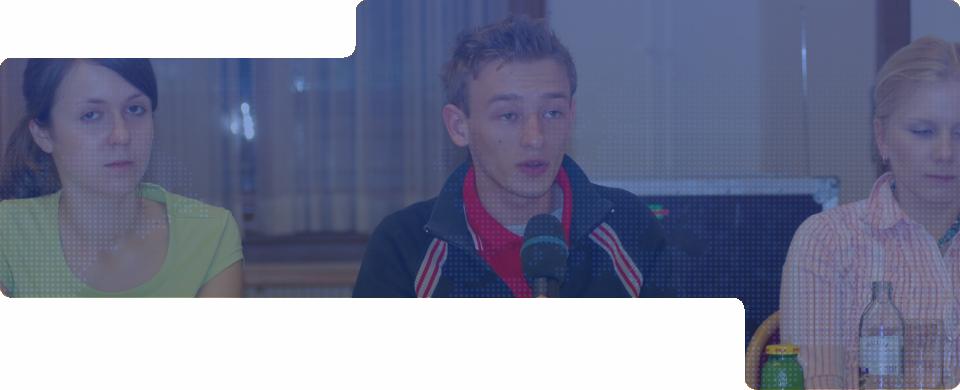
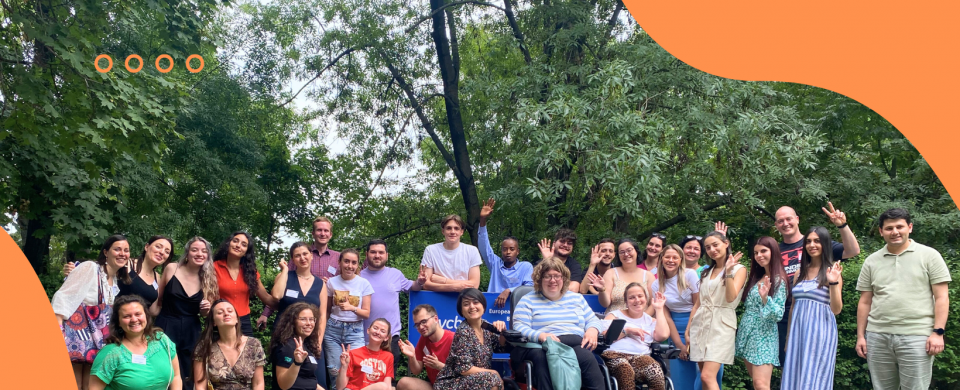

Add new comment